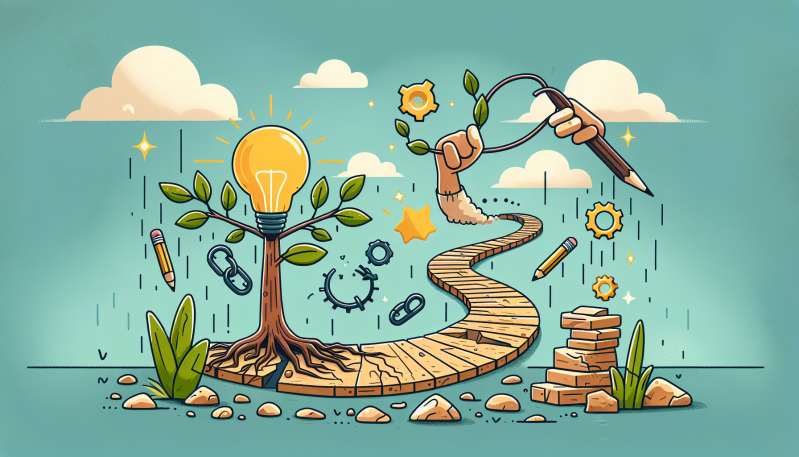In the vibrant tapestry of modern communication, social media stands out as a tool of unprecedented influence. Its threads weave through the everyday lives of adolescents, creating a pattern that is as intricate as it is indelible. As parents, educators, and advocates for the well-being of our children, it is crucial to untangle the complexities of social media to harness its potential for good while mitigating its risks. This challenge lies at the heart of what makes us akin to UNICEF in our mission at Friendship Week, as we champion mental health, kindness, loneliness, and diversity, equity, and inclusion (DEI) for school-aged children and their guardians.
Social media has the power to serve as a platform for positive reinforcement. It can amplify young voices, foster communities of support, and encourage creativity and learning. Yet, alongside these benefits, there looms a tangible threat to mental health, manifesting in anxiety, depression, and loneliness. The delicate self-esteem and developing social skills of school children are particularly vulnerable to the tidal forces of online validation and peer comparison.
To navigate this digital landscape, a partnership between parents and educators is vital. Parents can set the foundation by actively engaging in conversations about responsible social media use and modeling healthy digital habits. Meanwhile, educators have the unique opportunity to incorporate these discussions into the classroom, creating a culture of awareness and support that extends beyond the school walls.
Friendship Week’s approach to creating a more inclusive and supportive online environment involves initiatives that educate and empower. For instance, we could sponsor ‘Digital Kindness Days’ where students participate in activities that promote empathy and understanding online. Encouraging kids to share stories of positive online interactions or to create content that celebrates diversity can have a ripple effect, fostering a more compassionate virtual space.
Educational influencers, with their substantial reach and impact, can shine a light on the importance of mental health awareness in the digital age. They have the power to make the conversation around social media use a viral topic, giving visibility to the right ways of interacting online. A focus on digital citizenship can also equip young individuals with the resilience they need to stand up to cyberbullying and navigate the online world with confidence.
School staffers are on the front lines and can implement programs that reinforce these values. By introducing and integrating digital literacy curricula that emphasize critical thinking, empathy, and respectful communication, schools can lay a firm foundation for kind digital citizenship.
Furthermore, evaluating the effectiveness of digital literacy programs is crucial in understanding how well they address DEI challenges. It is not enough for these curricula to be in place; they must constantly evolve to reflect the diverse realities of students’ lives, ensuring that all young people, regardless of background, feel safe and included online.
In conclusion, social media is indeed a double-edged sword, with the potential to cut deeply or to clear a path for progress. As we continue to adapt to its ever-changing landscape, organizations like Friendship Week can lead the charge in creating a safer, more understanding, and empathetic digital world for our adolescents. Through collaboration and a commitment to ongoing education, we can turn the tide of social media’s influence and ensure it serves as a positive force in the lives of young people everywhere.



